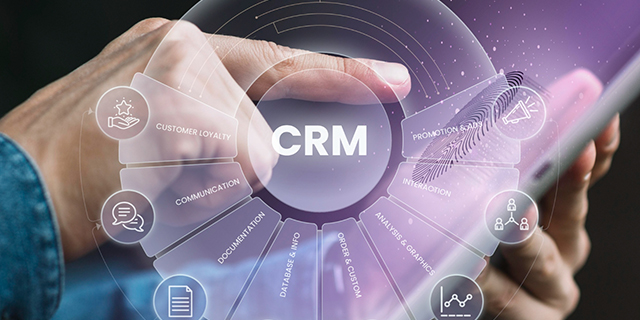
ERP (Enterprise Resource Planning) and CRM (Customer Relationship Management) are both essential software systems used by businesses to streamline operations, but they serve different purposes. ERP focuses on integrating and managing core business processes such as finance, supply chain, manufacturing, and human resources, providing a comprehensive view of organizational performance. In contrast, CRM is designed to manage a company’s interactions with current and potential customers, enhancing sales, marketing, and customer service efforts. While ERP systems aim to improve internal efficiency and resource management, CRM systems prioritize building and maintaining strong customer relationships. **Brief Answer:** ERP manages internal business processes like finance and supply chain, while CRM focuses on managing customer interactions and relationships.
Enterprise Resource Planning (ERP) and Customer Relationship Management (CRM) systems serve distinct but complementary roles within an organization. ERP systems focus on streamlining and integrating core business processes such as finance, supply chain, manufacturing, and human resources, providing a comprehensive view of the organization's operations. In contrast, CRM systems are designed to manage interactions with current and potential customers, enhancing sales, marketing, and customer service efforts. While ERP helps optimize internal processes and resource allocation, CRM focuses on improving customer relationships and driving sales growth. Together, they enable organizations to operate more efficiently and effectively by ensuring that both operational and customer-facing functions are aligned. **Brief Answer:** ERP systems streamline internal business processes, while CRM systems manage customer interactions. Together, they enhance organizational efficiency and customer relationships.
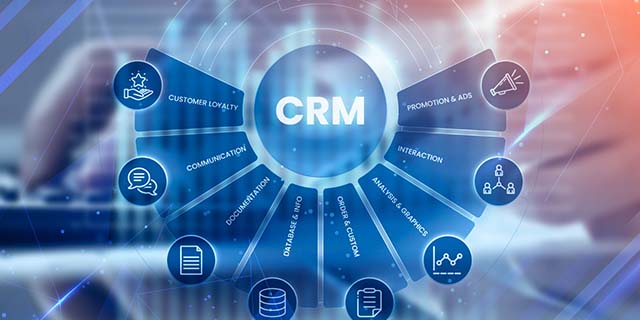
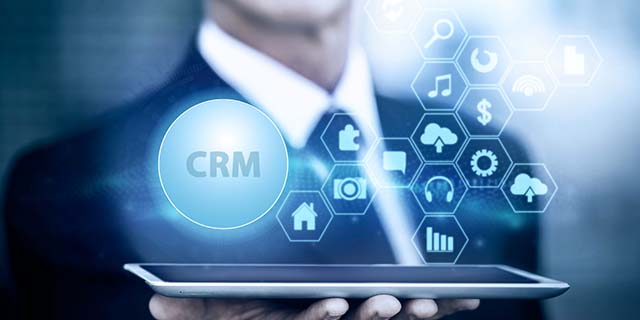
Choosing between an ERP (Enterprise Resource Planning) system and a CRM (Customer Relationship Management) system depends on your organization's specific needs and goals. Start by assessing the primary functions you require: if your focus is on streamlining internal processes, managing resources, and integrating various business functions like finance, supply chain, and human resources, an ERP system may be more suitable. Conversely, if your main objective is to enhance customer relationships, manage sales pipelines, and improve marketing efforts, a CRM system would be the better choice. Additionally, consider factors such as scalability, integration capabilities with existing systems, user-friendliness, and budget constraints. Ultimately, understanding your business priorities will guide you in selecting the right solution that aligns with your operational strategy. **Brief Answer:** Choose ERP for internal process management and resource integration; opt for CRM to enhance customer relationships and sales management. Assess your business needs, scalability, integration, and budget to make the best decision.
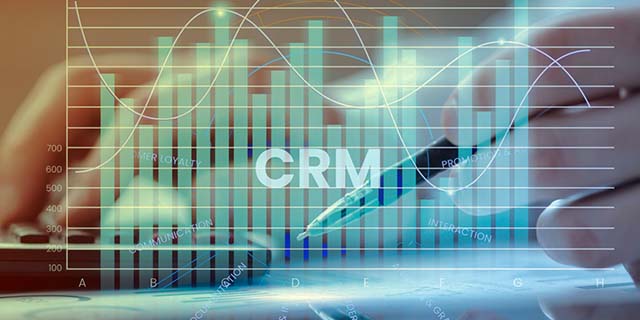
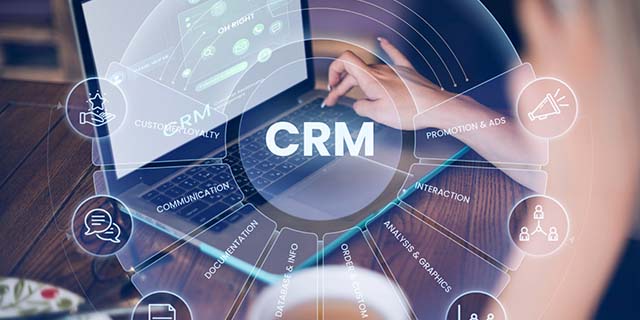
Technical reading about ERP (Enterprise Resource Planning) and CRM (Customer Relationship Management) systems reveals their distinct yet complementary roles in business management. ERP systems integrate core business processes, such as finance, supply chain, and human resources, into a unified framework, enhancing operational efficiency and data accuracy across the organization. In contrast, CRM systems focus specifically on managing customer interactions, sales, and marketing efforts, aiming to improve customer satisfaction and drive revenue growth. While ERP provides a holistic view of organizational performance, CRM zeroes in on customer relationships, making both systems essential for comprehensive business strategy. Understanding the technical specifications, functionalities, and integration capabilities of each system is crucial for organizations seeking to optimize their operations and enhance customer engagement. **Brief Answer:** ERP systems streamline internal processes across an organization, while CRM systems manage customer relationships and sales. Both are vital for effective business management but serve different purposes.


TEL:866-460-7666
EMAIL:contact@easiio.com
ADD.:11501 Dublin Blvd. Suite 200, Dublin, CA, 94568